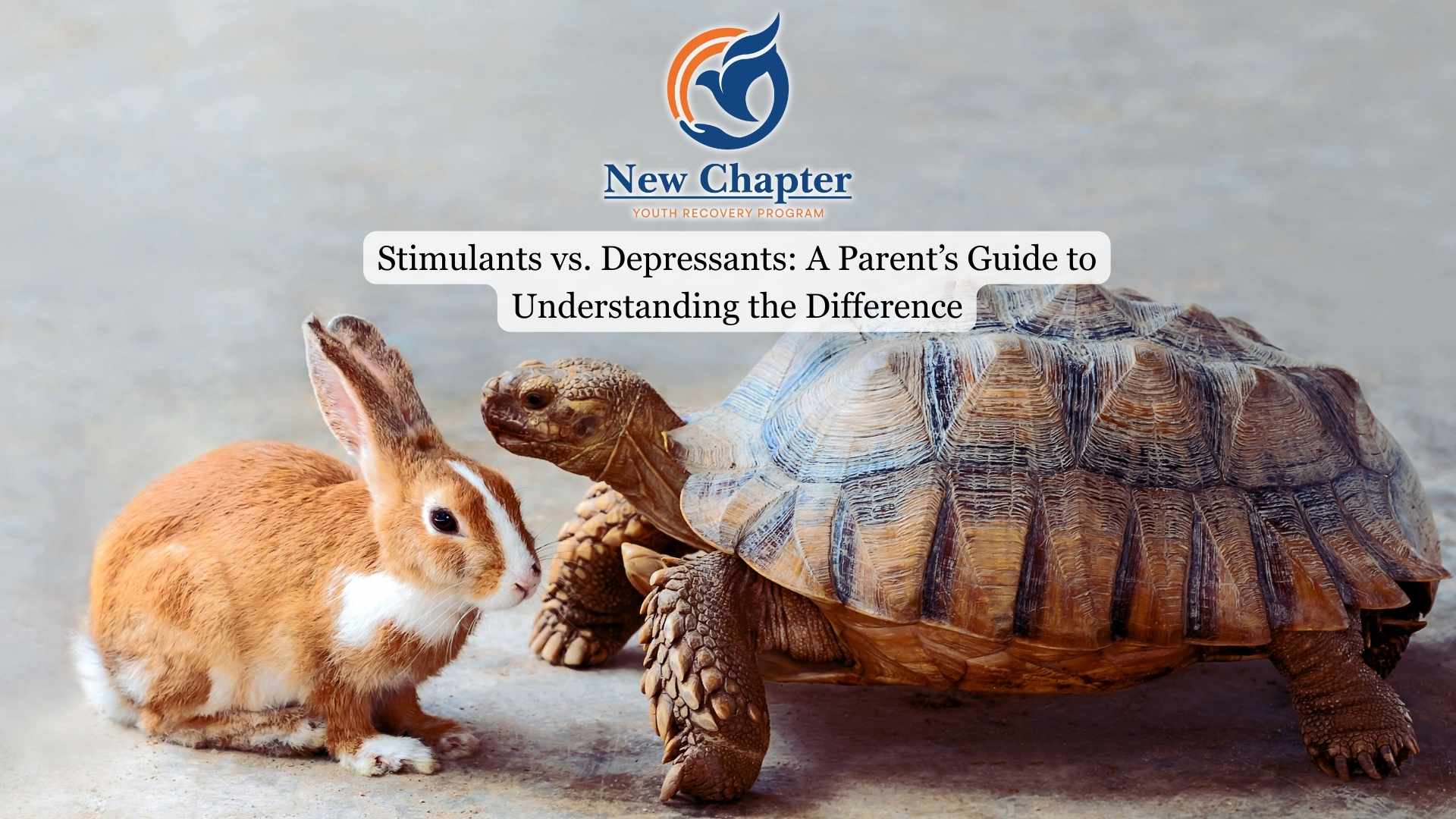As a parent, navigating the complex landscape of treatment options can feel overwhelming, especially when your child is struggling with substance abuse or co-occurring mental health issues. Intensive Outpatient Programs (IOPs) are a great option as they offer a structured and comprehensive approach to treatment that allows teens to receive intensive care while maintaining their daily routines and family connections.
This article will guide you through the process of identifying and selecting the most appropriate IOP for your teen, considering factors such as program specialization, treatment approaches, staff qualifications, and family involvement.

Red Flags to Watch Out For
One major concern is a lack of accreditation or licensing by reputable organizations like CARF or The Joint Commission, as this may indicate subpar standards.
You should also be wary of programs with insufficiently qualified staff who lack relevant licenses or experience in adolescent treatment.
Another red flag is the absence of individualized treatment plans or failure to involve families in the planning process, which may lead to ineffective care. High staff turnover rates can also signify instability and disrupt the continuity of your child’s treatment.
Also, be cautious of programs that lack transparent communication about costs, insurance coverage, and financial aid options, as this may suggest hidden fees or unexpected financial burdens.
At New Chapter Youth Recovery we are trained and qualified to provide proper care during our Teen Intensive Outpatient Programs in NJ which are aimed at young adults and adolescents struggling with substance addiction.
Assessing Treatment Approaches
When searching for an Intensive Outpatient Program (IOP) for your teen, it’s crucial to prioritize programs that employ evidence-based therapies. These therapies have undergone rigorous scientific testing and have proven to be effective in treating adolescents with substance use disorders.
Some widely recognized evidence-based approaches include Cognitive Behavioral Therapy (CBT), Dialectical Behavior Therapy (DBT), Motivational Interviewing (MI), and Family-Based Therapy. By choosing a program that utilizes these therapies, you can be confident that your teen will receive treatment with a strong track record of success.
In addition to traditional treatments, many successful IOPs incorporate holistic therapies to support the overall well-being of their patients. These may include mindfulness and meditation practices, art or music therapy, yoga or other movement therapies, and nutrition education. By addressing the whole person—mentally, emotionally, and physically—these holistic approaches can complement and enhance the effectiveness of traditional therapies.
If your teen requires medication as part of their treatment plan, make sure the IOP has qualified medical professionals on staff who can provide medication management services. This should include regular evaluations and adjustments to ensure that your teen’s medication regimen remains safe and effective.
The best IOPs recognize that each teen has unique needs and tailor their approach accordingly. When considering a program, ask how they develop and adjust individual treatment plans and how they incorporate feedback from both the teen and their family.
Read more about what a parent should know about teen intensive outpatient therapy and learn how this form of treatment can help your child sustain recovery efforts.
Staff Qualifications
Ensure that the program employs licensed mental health professionals, such as child and adolescent psychiatrists, clinical psychologists, and licensed professional counselors who specialize in adolescent mental health.
Many top-tier programs feature interdisciplinary teams consisting of behavioral health clinicians, addiction professionals, and social workers, all trained to deliver comprehensive care tailored to teens.
Inquire about ongoing professional development and training in evidence-based therapies, as this ensures staff stay current with the latest practices and approaches in adolescent mental health treatment.
Don’t hesitate to ask about the staff-to-client ratio, as this provides insight into the level of personalized attention your child will receive during the program.

Location and Environment
When choosing an outpatient treatment facility, consider its proximity to your home to ensure accessibility for both your teen and family members involved in the treatment process.
Look for programs that operate in welcoming spaces, with comfortable rooms designed for group therapy and individual sessions to promote open communication and healing.
Evaluate the safety and security of the facility’s environment, as a supportive and secure setting contributes to the effectiveness of the treatment program.
Assess the availability of outdoor areas or recreational facilities, as physical activity and nature exposure can enhance overall well-being during treatment.
Aftercare and Support
Maintaining your teen’s progress after completing an Intensive Outpatient Program (IOP) is just as important as the treatment itself. Make sure to inquire about their aftercare services. These should include follow-up sessions and ongoing therapy to support your child’s transition back to daily life.
Many IOPs offer alumni support groups that provide a platform for teens to connect and share their experiences post-treatment.
Family Involvement
Look for programs that emphasize your active participation in your child’s treatment process. They should collaborate with you to establish individualized treatment goals upon admission, ensuring that the program addresses your teen’s specific needs.
You’ll want to maintain regular communication with the treatment team to stay informed about your child’s progress and any necessary adjustments to the treatment plan. Participating in weekly virtual support groups for parents will help you engage actively and learn from others in similar situations.
Family therapy sessions incorporated into the IOP will assist in addressing relational dynamics, promoting healthier family interactions and communication.
Your involvement in the treatment process enhances the overall effectiveness of therapy, as you can provide support and encouragement for your teen’s recovery journey.
Questions to Ask Potential Programs
Confirm the program’s duration and intensity to ensure it aligns with your child’s needs and schedule.
Request information on how they tailor treatment plans to individual needs and if family involvement is incorporated in the planning process.
Check if the program accepts your insurance plan and what financial aid options are available to help manage costs.
Final Thoughts from New Chapter Youth Recovery
By thoroughly evaluating your child’s needs, exploring available choices, and assessing program elements, you can make a well-informed decision that best assists your teenager’s path to wellness. Keep in mind that at New Chapter Youth Program, we recognize the distinct difficulties encountered by adolescents grappling with addiction and mental health concerns. Our all-encompassing Teen IOP in New Jersey provides evidence-based treatments, individualized care plans, and family engagement to offer the support your teen requires.






